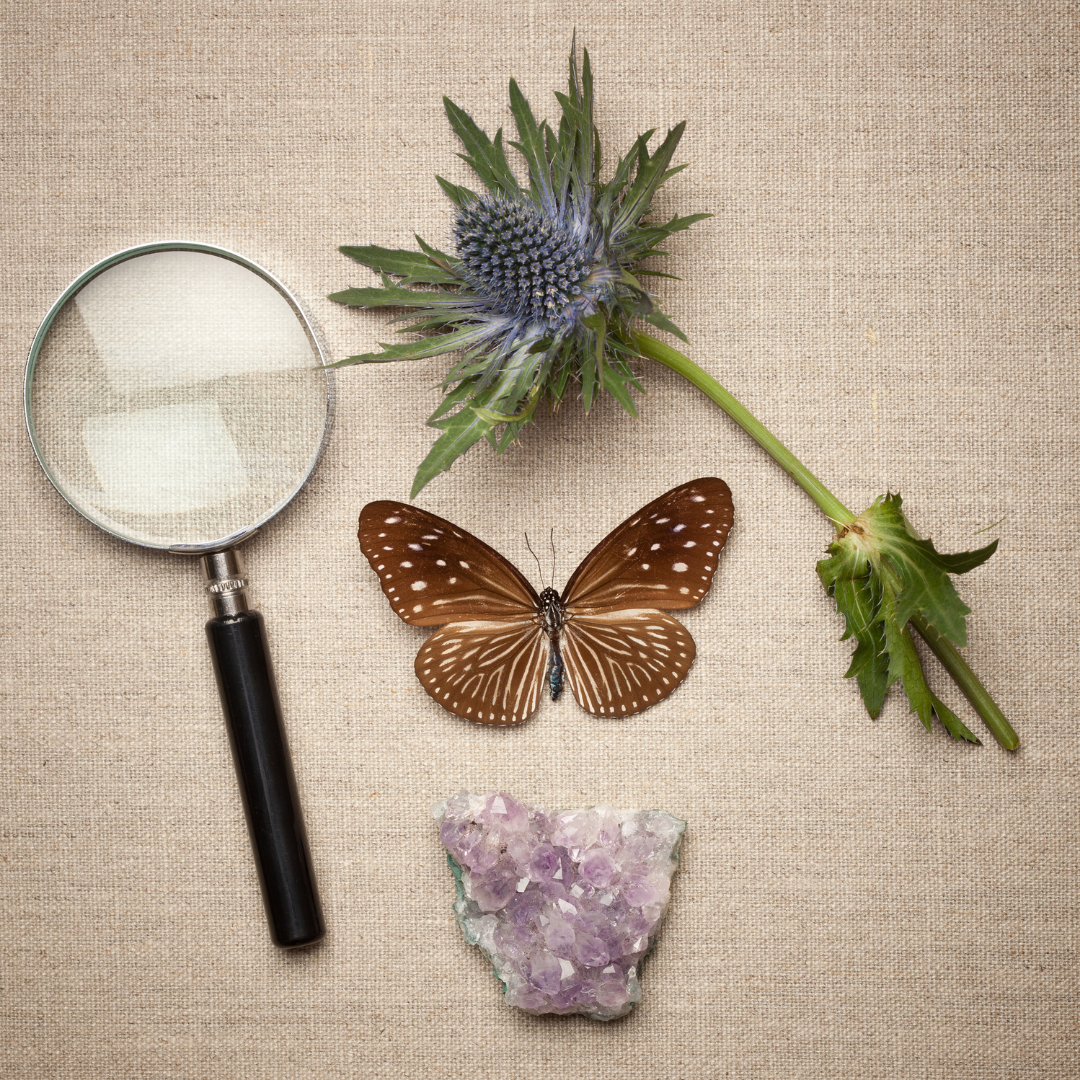
The scientific community uses science to identify the different molecular processes that contribute to making all living things work, grow, and respond to their environment. Biological science includes the study of genetics, biochemistry, microbiology, endocrinology, neuroscience, and ecology. The discipline spans the spectrum from molecules to ecosystems and explores how living things grow, reproduce, and respond to their environments. Biology is the science of life and is a crucial field of study that impacts all of science.
The field of biology contains many different disciplines, and one of these is the study of all aspects and forms of living beings. Biology is the study of life, which encompasses the physical characteristics of all living things, including their biological functions. Biology helps you understand how all living things work and how life has evolved.
Biology is the study of living organisms. When you study biology, you learn about the structure and function of different kinds of plants and animals. You also learn about how plants grow, mature, reproduce and evolve. It is a highly varied field of study, including everything from plants to animals to even microbes. It studies all the aspects of living beings and their interaction with each other. The field of biology is very large and includes such subfields as botany, zoology, and microbiology. It can also cover the study of cells, genes, evolution, and many other aspects of life.
Biology, the study of life, is likewise the study of living organisms. As a branch of science, biology deals with a broad range of life, including humans and all the other living beings. Biology involves the study of the structure, function, growth, evolution, reproduction, and distribution of organisms. The study of biology is also referred to as zoology, which is the study of animals. The field contains the study of all living and nonliving things, including microorganisms, plants, and animals. The field requires an understanding of the physical, chemical, and biological sciences.
In the vast realm of biological sciences, the study of living beings encompasses a myriad of disciplines, each unraveling the mysteries of life in its own unique way. One of the most groundbreaking and transformative fields within biology is genomics, a branch that explores the entirety of an organism’s genetic material. Genomics delves into the intricacies of DNA, deciphering the genetic code that dictates the characteristics of every living being. With the advent of advanced technologies, the process of decoding this genetic information has become more precise and efficient. Enter Targeted Sequencing, a powerful technique that allows researchers to focus on specific regions of the genome with unparalleled accuracy. This method not only expedites the sequencing process but also opens new doors for understanding the subtle nuances within an organism’s genetic makeup, propelling the field of genomics into unprecedented realms of discovery.
Biology is a science that looks at organisms’ structure, function, growth, evolution, distribution, interaction, and natural habitats. It studies their physical structure, physiology, development, genetics, and evolution. Its goal is to understand living organisms’ molecular and atomic structure, the function and interaction of organisms, and the relationships between living organisms and their environments.
The word “biology” is derived from the Greek “bio,” meaning life, and “logos,” meaning study. Biology studies all living things, including plants, animals, fungi, protists, and bacteria. The history of biology spans over 2,500 years, although the word biology was first used in the 14th century. Biology is the oldest of the biological sciences and the study of living things. It is the study of life processes, organisms, and interactions between organisms and their environment. Biology is a synthesis of chemistry and physics, synthesizing physical sciences concepts with life sciences concepts.
The world is ever-changing, and with it comes responsibility for people to study every life aspect and protect it. People become biologists to ensure that we can understand the mystery and beauty of life and science, for the health and safety of all living things and the environment. Since biology is such a wide range of topics, it is open to study in many different ways, with many different subfields. The basic areas of study include molecular and cellular biology, cell biology, and biochemistry.
